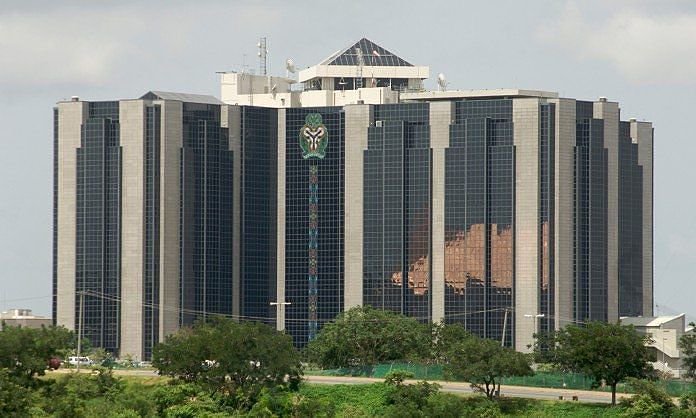
By – Agada Apochi
1. Huge circulation and adoption of cash is very costly to every economy. It is costly to the government, businesses and individual citizens. The costs include printing of notes and coins, handling & processing, high operating costs for banks who pass the costs to customers, high interest rate, lack of transparency, black market economy, violent and non violent crime, etc.
2. Adoption of electronic payments is a viable and cost effective alternative to cash. The CBN in September, 2019 further reduced the fee that businesses pay for accepting electronic payments at Points-of-Sale (PoS) by 33.3% from 0.75% to only 0.5% of transaction value with a ceiling or maximum charge of N1,000. This is about the lowest rate in the world.
3. The Central Bank of Nigeria ((CBN) continues to take commendable steps to make financial services especially electronic payments available to Nigerians e.g. Agency Banking, Mobile Money, PoS, Instant Transfer, etc.
4. Nigerian banks and other payment service providers are working with CBN to make electronic payments available to Nigerians e.g. instant transafer, bills payment, etc. using mobile App, USSD, etc. Banks also provide PoS devices to customers without the customers paying for devices. In other markets, customers pay for devices in addition to transaction charges. The transaction charges in Nigeria for point of sale transactions is about the lowest in the world notwithstanding that the cost of providing the service in Nigeria ranks among the highest in the world.
5. Less than 5% of indivdual Nigerians have a turnover of N15 million monthly or N500,000 daily. Similarly, less than 5% of businesses in Nigeria have turnover of N90 million monthly or N3 million daily.
6. Let the few individuals and businesses that generate huge cash daily adopt electronic payments instead of placing the avoidable huge costs of cash on Nigerian government and Nigerians. If the National Assembly were to appropriate money annually for the cost of cash, Nigerians will understand how much it costs taxpayers to subsidize the avoidable costs of huge cash and the need to reduce same.
7. It is not in the interest of the majority of Nigerians to ask over 95% of Nigerians to continue to subsidize the avoidable costs of huge cash that the very few impose on the masses.
8. The poor should not continue to subsidize the rich. It is wrong economically, socially and morally.
9. CBN should do more by reducing the threshold for free daily cash deposit and withdrawal to N100,000 for individuals and N500,000 for corporates. N100,000 daily is N3 million monthly for individuals and N500,000 daily is N15 million monthly for businesses. The few that have huge cash above these amounts should adopt electronic payments.
10. The National Assembly as representatives of the people should be engaged to support the majority of Nigerians by supporting the CBN cashless policy.
11. The Federal Government should adopt electronic payments for all Government-to-People (G2P) and People-to-Government (P2G) transactions.
Let’s support CBN for the benefit of our country and the masses.
Agada Apochi
September, 2019
Rice, a staple for Christmas celebrations in Nigeria, has become a luxury this year. Soaring…
Panic erupted on Saturday at a concert in Lagos when the stage collapsed during Odumodublvck’s…
The Federal Government of Nigeria has allocated ₦6,364,181,224 billion for the refurbishment and rehabilitation of…
The black market dollar to naira exchange rate for today, 22nd December 2024, can be…
The Nigerian National Petroleum Company Limited (NNPCL) has refuted claims that the 60,000 barrels per…
Manchester City finds itself in unprecedented turmoil, with relegation-level form showing little sign of improvement.…